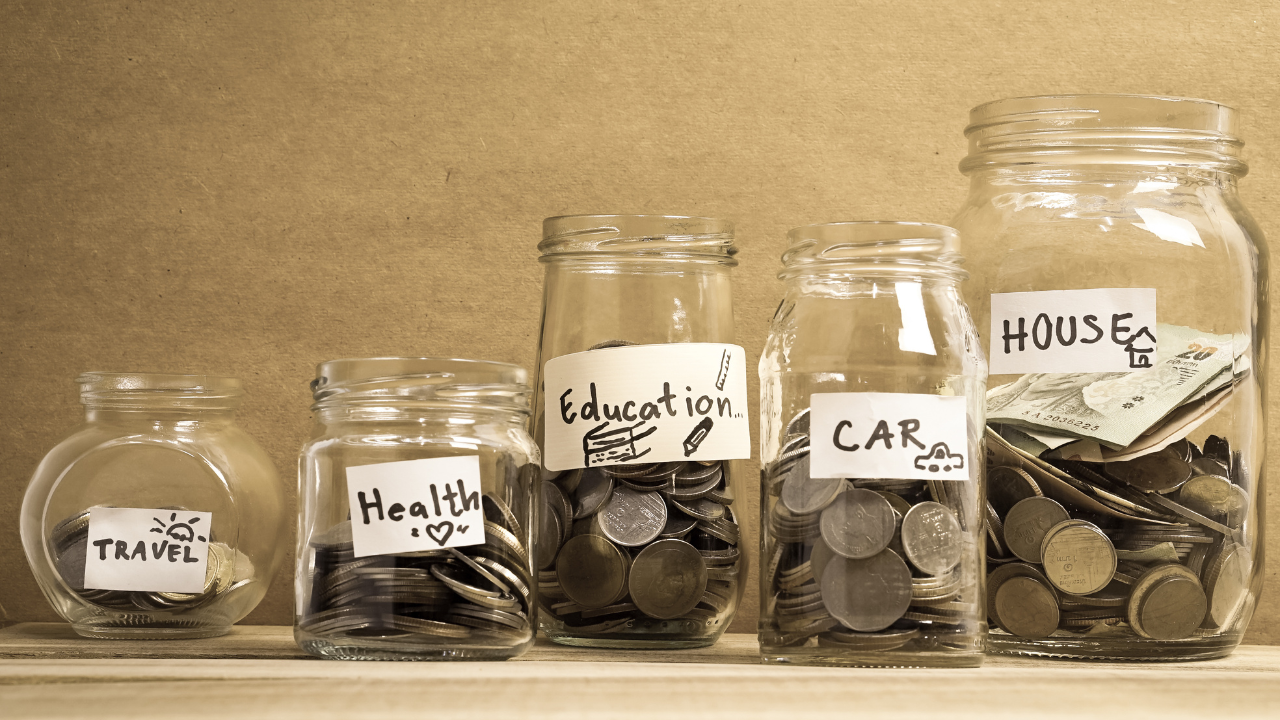
Many folks are worried about a looming recession, and understandably so.
Russia’s war in Ukraine, continued record inflation, spiking consumer prices, interest rate hikes, and instability in the global market all have many people worried that another recession is around the corner.
It’s okay that you don’t feel things are okay.
Are We Approaching a Recession?

Source: Canva
As a financial advisor, I’ve recently received many emails asking when the next recession is coming.
While no one can exactly predict when the economy will crash, a dwindling economy (generally measured as GDP) and a weak labor market are two major indicators that the economy is in bad shape and a recession is imminent.
The good news is that we’re not in a recession – yet.
That means now’s the best possible time to learn how to fortify your finances so that you’ll be better equipped to survive when worse comes to worst.
Here are my top tips to get ahead of the tides and recession-proof your finances.
1. Identify Ways to Cut Back
During a recession, you should revisit your budget and pinpoint some areas to cut back. Downsizing and learning how you can live frugally can significantly increase your savings.
Trimming your budget doesn’t mean you need to pinch every proverbial penny and deprive yourself of the stuff that brings you joy. Rather, living frugally is about making conscious spending decisions that cut discretionary expenses with minimal impact on your lifestyle.
The easiest things to scrap are purchases or services you can live without – think streaming services, morning lattes, takeouts, and recurring charges you don’t use.
The secret to finding a balance is to weigh your present priorities with your long-term goals.
2. Boost Your Emergency Fund
Recession or not, you should have a rainy-day reserve.
Emergencies are just that — unforeseen. And unfortunately, many people are unprepared for them. When the economy starts to dip, your job and income can be jeopardized.

Source: Canva
If you’re lucky to be sitting on any extra cash, add it to your emergency fund. It will give you a safety net to fall back on and help you avoid turning to credit to cover unanticipated costs like a job layoff, repairs, or medical treatments.
Many experts recommend that you have around 6 months’ worth of essential expenses in a liquid account, such as a high-yield savings account.
Though conventional wisdom recommends having 3-6 months of your daily living expenses tucked away, a bigger fund will allow you to ride the wave for longer and emerge from the recession back on your feet.
3. Diversify Your Investments

Source: Canva
If most of your holdings are tied up in one type of investment, such as the stock market, an economic downturn could be disastrous. And it’s for this reason that diversifying your investments is important.
Review your holdings and ensure your investments are spread out across different asset types and industries. When the market dips, your investments won’t be as affected, and your losses won’t be as severe.
When it comes to diversification, investment vehicles you can park money can range from the stock market index to bonds and real estate.
4. Avoid High-Interest Credit Card Debt
During a recession, prices of everything from gas to groceries rise, and many consumers turn to their credit cards to get by.
While your credit card can help you in a pinch, not paying off the full balance by the end of your billing cycle can add up quickly.

Source: Canva
Avoiding high-interest debt means one less financial obligation you will have to account for when money gets tighter.
If you already have credit card debt, you can tackle it by getting a low-interest personal loan or signing up for a balance-transfer credit card.
Conclusion
Recessions can be a sensitive and stressful time, especially when it comes to your money.
Before COVID-19 led to a brief recession in 2020, many people may have never experienced a recession as adults. If you survived the Great Recession or any of its predecessors, rumors of a recession might have you worried about your financial health. But proper planning and taking steps to save money can help you feel more in control of your situation and reduce some of your stress.